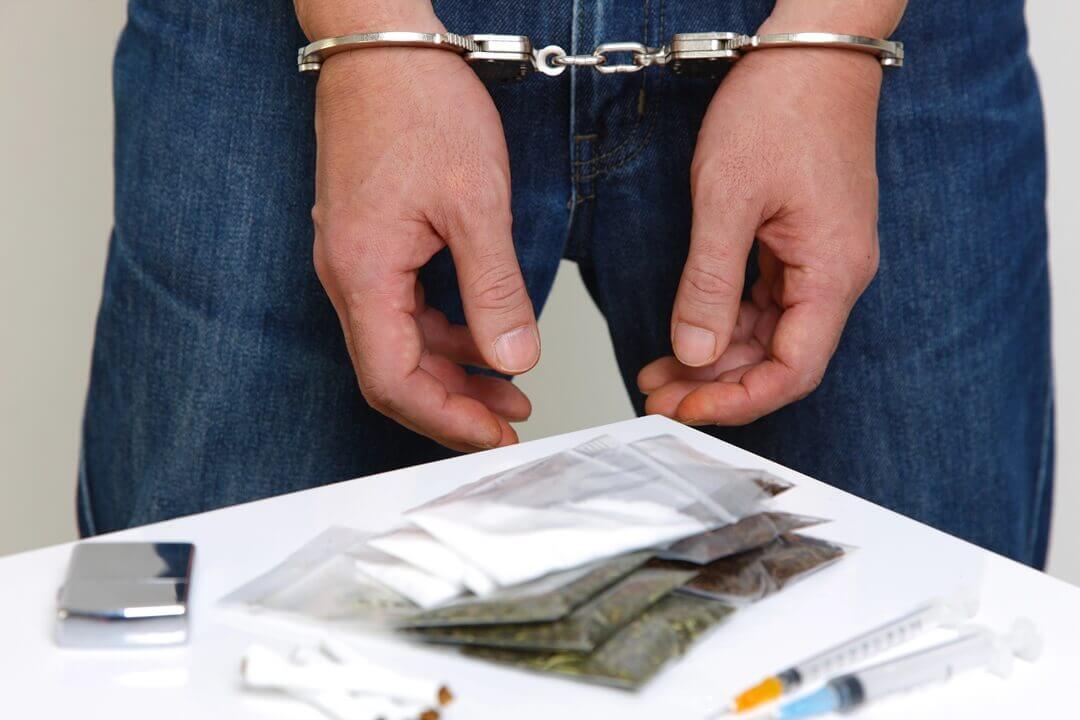TL;DR
- In Arlington, TX, police investigate and make arrests, but only prosecutors decide whether to file criminal charges.
- Prosecutors (county or district attorneys) review evidence and determine if charges are legally supported and in the public interest.
- Once charges are filed, the legal process begins, starting with arraignment and possibly ending in trial or dismissal.
- Misdemeanors and felonies follow different procedures, but both carry serious consequences.
- Having the right legal guidance early can protect your rights and influence the outcome.
If you’ve been arrested or suspect charges might be coming, you’re probably asking: “Who decides whether I actually get charged with a crime?” It’s a fair question. And the answer can make a big difference in how your case unfolds.
In Arlington and throughout Texas, the process starts with law enforcement, but the final decision to charge you belongs to the prosecution. Let’s walk through who’s involved, what they look at, and what happens next.

What Is The Role Of Law Enforcement?
Police officers are usually the first people involved in a criminal case. They respond to calls, conduct traffic stops, or investigate suspicious behavior. If they believe a crime occurred, their job is to collect evidence, speak with witnesses, and document everything.
If they have enough information, they may arrest someone, especially if there’s an immediate threat to public safety or a risk of flight. But here’s something many people don’t realize: Police do not decide whether to press formal charges.
Instead, they build the case and hand it off. Officers submit a report, along with any collected evidence, to the prosecutor’s office. At that point, the focus shifts from gathering facts to deciding whether those facts justify a criminal charge.
How Do Prosecutors Decide To File Charges?
Once law enforcement finishes their part, the prosecutor, either a district attorney (DA) or county attorney, depending on the severity of the alleged offense, reviews the evidence.
Their job is to determine whether the case should move forward.
They’ll consider:
- Whether the evidence supports each element of the alleged offense
- Whether witnesses are credible and available
- Any criminal history of the accused
- Whether prosecution serves the public interest
Sometimes, even after an arrest, the prosecutor decides not to file charges. Other times, they may increase or reduce the charges based on the facts.
Here’s how that breaks down:
- Misdemeanors: These are lower-level offenses, such as shoplifting, simple assault, or possession of small amounts of drugs. Punishments may include fines, probation, or up to a year in county jail.
- Felonies: These include more serious crimes like robbery, aggravated assault, sexual assault, or murder. Felonies carry significant consequences, prison time, loss of rights, and a permanent record.
The prosecutor’s decision is one of the most critical turning points in any criminal case. That’s why early legal representation matters; it allows your defense team to challenge weak evidence or argue for reduced or alternative charges.
What Happens After Charges Are Filed?
Filing charges formally starts the criminal case. If you’re the accused, this is the moment things get real, and it’s easy to feel overwhelmed. But understanding what happens next can help you stay focused and prepared.
Here’s what typically follows:
1. Notification Of Charges
You may be notified through an arrest warrant, or you might receive a formal summons to appear in court. Either way, this step puts you officially on the court’s radar.
2. Arraignment
At the arraignment hearing, a judge will read the charges and ask how you plead: guilty, not guilty, or no contest. If you’re already working with an attorney, they may enter the plea on your behalf.
Tip: This is also where the judge decides if you’ll be released on bail, with conditions, or held in custody while the case proceeds.
3. Pre-Trial Proceedings
Once the case is underway, both sides begin preparing. Prosecutors may offer a plea deal. Your defense attorney can file motions to dismiss evidence, request discovery, and negotiate better terms. This is a crucial phase where many cases are resolved before trial.
4. Hearings & Legal Motions
These court sessions are where your attorney can fight to suppress evidence, challenge improper police conduct, or argue that the case should be dismissed altogether.
5. Trial (If Necessary)
If no plea deal is reached, the case proceeds to trial. A judge or jury will review the evidence, hear testimony, and decide on guilt or innocence. You have the right to a public trial, the right to remain silent, and the right to question witnesses.
6. Sentencing Or Resolution
If convicted, sentencing determines the outcome, whether it’s jail time, probation, fines, or other penalties. If acquitted or if the case is dismissed, you walk away cleared of charges.
Facing criminal charges is never easy. The system is complex, and emotions run high. But you’re not alone, and you don’t have to figure it out without support.
Charged With A Crime In Arlington? Here’s How We Help
At Arlington Criminal Attorneys, we know just how life-altering a criminal accusation can be. Whether you’re facing your first misdemeanor or a serious felony, your future is on the line. We treat that seriously.
Our approach combines deep legal strategy with personal attention. That means we:
- Dig into every detail of the case, no assumption left unchallenged.
- Help you understand the charges and your options, step by step.
- Push back against weak evidence or overly aggressive prosecution.
- Fight for a dismissal, a reduction, or an outcome that protects your life and freedom.
We also understand the stress this process creates for you, your family, your job, and your peace of mind. That’s why we stay accessible, responsive, and focused on solutions that fit your situation, not just some legal formula.
Let’s Have A Confidential Talk
If you’re worried about charges or have already been arrested, the time to act is now. The sooner you understand your rights and options, the more control you’ll have over what happens next.
Reach out today to schedule a confidential case review. It doesn’t cost anything to talk. And it might be the step that changes everything.





